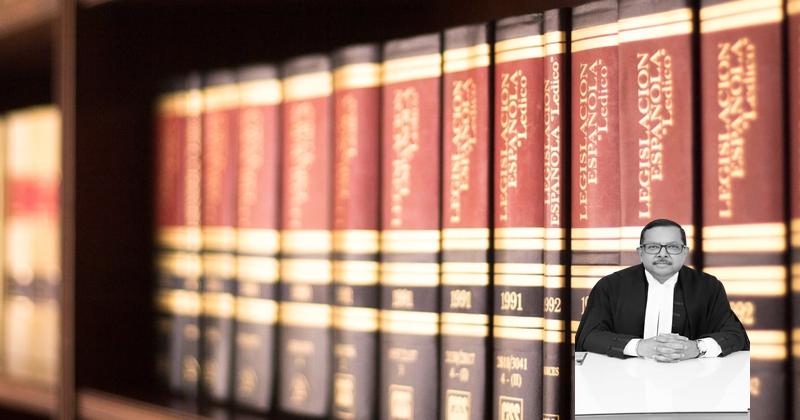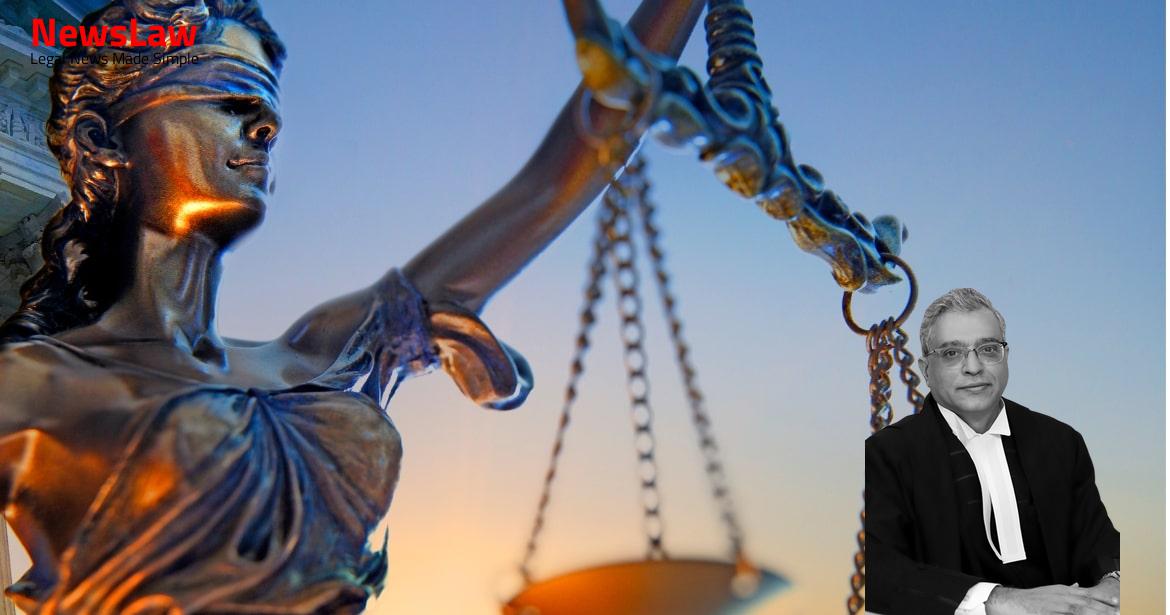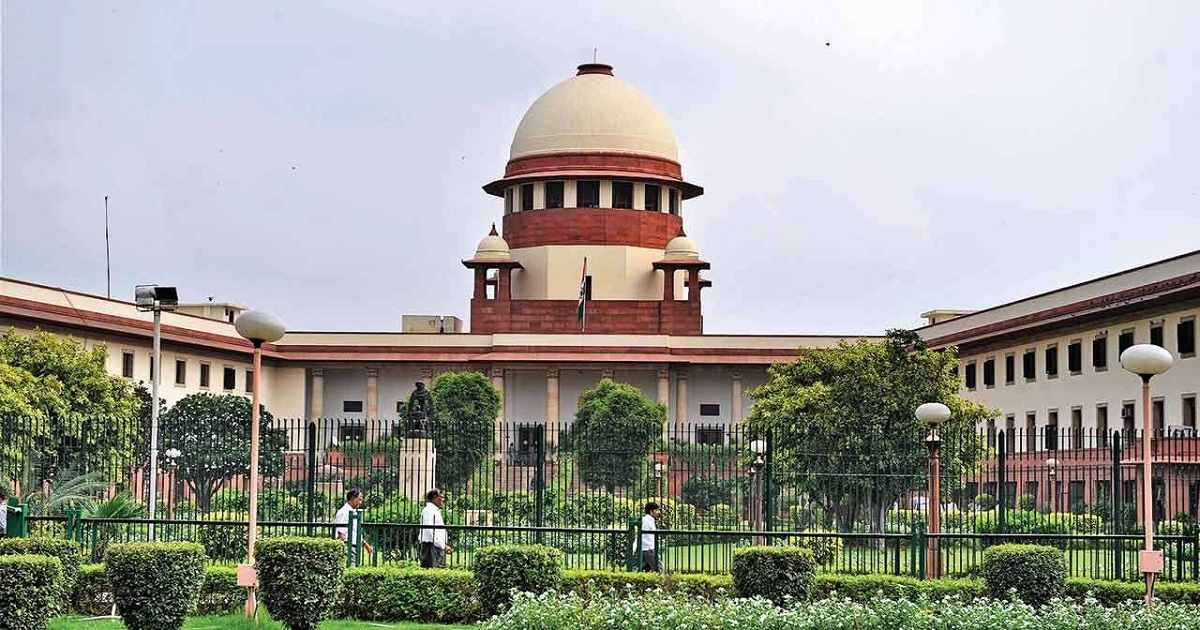The appellant as the complainant lodged a first information report dated 19.12.2016 (referred to as ‘the complaint’ in the impugned order) alleging 2 that respondent No.2 and another were irregularly creating documents of property in the name of dead person despite knowing the fact that those were fake documents, such as, death certificate, family tree of the original successor of land of the appellant etc. 1
The High Court in its order dated 05.01.2018 noted that the specific case of the appellant was that land admeasuring 1 acre 13 guntas in survey No.7/6 situated at Chattanahalli Village, Halebeedu Hobli, Belur Taluk, Hassan District belonged to the appellant and his family members. of Uttar Pradesh, (2014) 2 SCC 1, the High Court did not interfere though granted liberty to respondent No.2 to seek his legal remedy in the event any adverse report was made. During the year 1993, Somashekharappa died but accused No.1 in collusion with accused No 2 (respondent No.2) created a fake certificate of death to the effect that Somashekharappa had died during the year 2010. Consequently, the complaint, the chargesheet as well as the order dated 28.03.2018 were set aside by the High Court vide the order dated 25.11.2020. On perusal of the counter affidavit of the second respondent this court in the proceedings held on 21.11.2023 noted that Annexure R-1 annexed to the said affidavit was a file noting recording the opinion of some officers that it was not a fit case to accord sanction under Section 197 Cr.PC to prosecute the second respondent. On the other hand, learned counsel for respondent
No 2 supports the order of the High Court and submits that the High Court had rightly quashed the complaint and the chargesheet. High Court has held that in the absence of such sanction, respondent No 2 cannot be prosecuted and consequently has quashed the complaint as well as the chargesheet, giving liberty to the appellant to assail denial of sanction to prosecute respondent No 2 in an appropriate proceeding, if so advised. Prosecution of Judges and public servants: (1) When any person who is or was a Judge or Magistrate or a public servant not removable from his office save by or with the sanction of the Government is accused of any offence alleged to have been committed by him while acting or purporting to act in 8 the discharge of his official duty, no Court shall take cognizance of such offence except with the previous sanction (save as otherwise provided in the Lokpal and Lokayuktas Act, 2013) – (a) in the case of a person who is employed or, as the case may be, was at the time of commission of the alleged offence employed, in connection with the affairs of the Union, of the Central Government; (b) in the case of a person who is employed or, as the case may be, was at the time of commission of the alleged offence employed, in connection with the affairs of a State, of the State Government: [Provided that where the alleged offence was committed by a person referred to in clause (b) during the period while a Proclamation issued under clause (1) of Article 356 of the Constitution was in force in a State, clause (b) will apply as if for the expression “State Government” (3) The State Government may, by notification, direct that the provisions of Sub-Section (2) shall apply to such class or category of the members of the Forces charged with the maintenance of public order as may be specified therein, wherever they may be serving, and thereupon the provisions of that sub-section will apply as if for the expression “Central Government” occurring 9 therein, the expression “State Government” were substituted.
[(3A)
Notwithstanding anything contained in sub- section (3), no Court shall take cognizance of any offence, alleged to have been committed by any member of the Forces charged with the maintenance of public order in a State while acting or purporting to act in the discharge of his official duty during the period while a Proclamation issued under clause (1) of article 356 of the Constitution was in force therein, except with the previous sanction of the Central Government.] [(3B)
Notwithstanding anything to the contrary contained in this Code or any other law, it is hereby declared that any sanction accorded by the State Government or any cognizance taken by a Court upon such sanction, during the period commencing on the 20th day of August, 1991 and ending with the date immediately preceding the date on which the Code of Criminal Procedure (Amendment) Act, 1991, receives the assent of the President, with respect to an offence alleged to have been committed during the period while a Proclamation issued under clause (1) of article 356 of the Constitution was in force in the State, shall be invalid and it shall be competent for the Central Government in such matter to accord sanction and for the Court to take cognizance thereon.]
(4) The Central Government or the State Government, as the case may be, may determine the person by whom, the manner in which, and the offence or offences for which, the prosecution of such Judge, Magistrate or public servant is to be conducted, and may specify the Court before which the trial is to be held.” As per sub section (1) of Section 197 where any person who is or was a judge or magistrate or a public servant not removable from his office save by or with the sanction of the Government is accused of any offence alleged to have been committed by him 10 while acting or purporting to act in the discharge of his official duty, no court shall take cognizance of such offence except with the previous sanction of the Central Government or the State Government, as the case may be. The protection given under Section 197 is to protect responsible public servants against the institution of possibly vexatious criminal proceedings for offences alleged to have been committed by them while they are acting or purporting to act as public servants. Before Section 197 can be invoked, it must be shown that the official concerned was accused of an offence alleged to have been committed by him while acting or purporting to act in the discharge of his official duties. If the answer to this question is in the affirmative, it may be said that such act was committed by the public servant while acting in the discharge of his official duty and there was every connection with the act complained of and the official duty of the public servant. Posing the question as to whether a public servant who allegedly commits the offence of fabrication of records or misappropriation of public funds can be said to have acted in the discharge of his official duties. Ganesh Chandra Jew, (2004) 8 SCC 40 : 2004 SCC (Cri) 2104]
this Court interpreted the use of the expression “ official duty ” to imply that the act or omission must have been done by the public servant in course of his service and that it should have been in discharge of his duty.
by the Inspector of Police, 2023 SCC OnLine SC 900 in support of the contention that a public servant cannot be prosecuted without obtaining sanction under Section 197 of Cr.PC.
Also Read: https://newslaw.in/case-type/civil/grant-of-promotional-pay-scale-to-ayurvedic-medical-officers/
It was in that context that this court considered the requirement of sanction under Section 197 Cr.P.C qua accused No.1 and observed that accused No.1 could not be prosecuted for committing the 14 offence of criminal conspiracy when sanction for prosecuting accused Nos.3 and 4 with whom criminal conspiracy was alleged, was declined. If according to the Management of the Company, the very same act of the co-conspirators fell in the realm of commercial wisdom, it is inconceivable that the act of A-1, as part of the criminal conspiracy, fell outside the discharge of his public duty, so as to disentitle him for protection under Section 197(1) of the Code.” 1 Admittedly, facts of the present case are clearly distinguishable from the facts of A. Though liberty was granted by the High Court to respondent No.2 to challenge any adverse report if filed subsequent to the lodging of the complaint, instead of confining the challenge to the chargesheet, respondent No.2 also assailed the complaint as well which he could not have done. OKA]………………………J.
Case Title: SHADAKSHARI Vs. THE STATE OF KARNATAKA (2024 INSC 42)
Case Number: Crl.A. No.-000256-000256 / 2024



